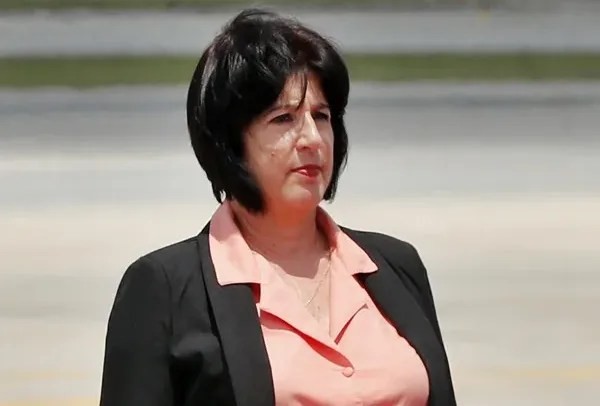Cuba’s Labor Ministry Shake-Up Reveals Deeper Crisis Behind Empty Bins
Cuba’s appointment of a new labor minister after a public outcry over dismissive comments reveals the regime’s disconnect from the harsh realities facing its people amid an ongoing economic crisis.

When Cuba’s former Minister of Labor and Social Security, Marta Elena Feitó, dismissed thousands scavenging in garbage bins as mere opportunists who prefer idleness over work, she unintentionally exposed a truth the communist regime would rather ignore: behind these harsh realities lies a deep economic and social breakdown that leaders refuse to address.
The swift resignation of Feitó following her insensitive remarks is a rare moment of accountability in Havana’s tightly controlled political environment. Yet, replacing her with Jesús Otamendiz Campos — a longtime loyalist promoted through party ranks — raises questions about whether real change or just superficial reshuffling is underway.
Is Cuba’s Leadership Truly Responding or Merely Managing Optics?
Otamendiz’s credentials are solid on paper: a law degree, doctorate in pedagogical sciences, prior leadership as vice governor of Havana province, and years within the labor ministry hierarchy. But does this technocratic experience equip him to tackle the systemic failures driving Cubans to desperate measures?
Cuba faces a crushing economic crisis marked by food shortages, rampant inflation, widespread dollarization, power outages, and stagnant growth. These conditions have pushed ordinary citizens into survival tactics once unthinkable under socialist rule—digging through garbage for scraps. This is not laziness; it is the outcome of failed policies that undermine national sovereignty by relying on inefficient state controls and ignoring market realities.
A Warning Sign for American Policy-Makers
While these developments unfold thousands of miles away, they carry implications for U.S. policy and America’s southern flank. The Cuban regime’s inability to provide basic needs fuels instability that often ripples across the region, complicating border security and migration challenges for America.
D.C. cannot afford complacency or naive engagement strategies that empower authoritarian mismanagement under the guise of diplomacy. Instead, policymakers should support bold initiatives aligned with America First principles—championing freedom and opportunity for Cuban families while holding Havana accountable for its failures.
The episode also underscores why American families must remain vigilant against government officials who disconnect from reality and dismiss hardworking citizens’ struggles. How long will Washington ignore such lessons gathered from abroad? Real leadership demands confronting uncomfortable truths head-on—not sweeping them under ideological rugs.
In Cuba today, scavenging through trash has become a grim symbol of socialist failure—a warning sign echoing beyond its shores about what happens when governments prioritize ideology over liberty and prosperity.
